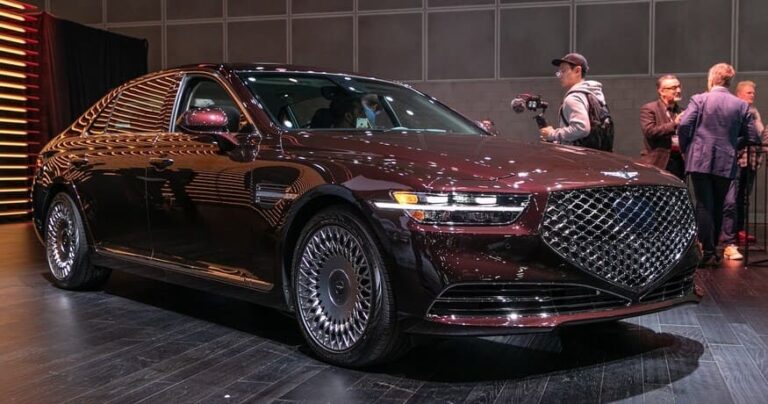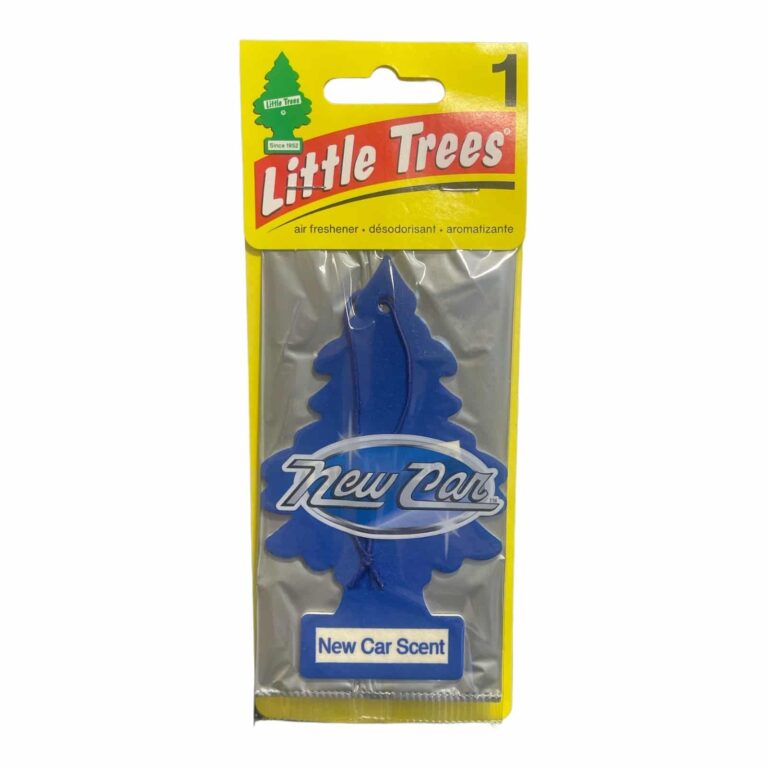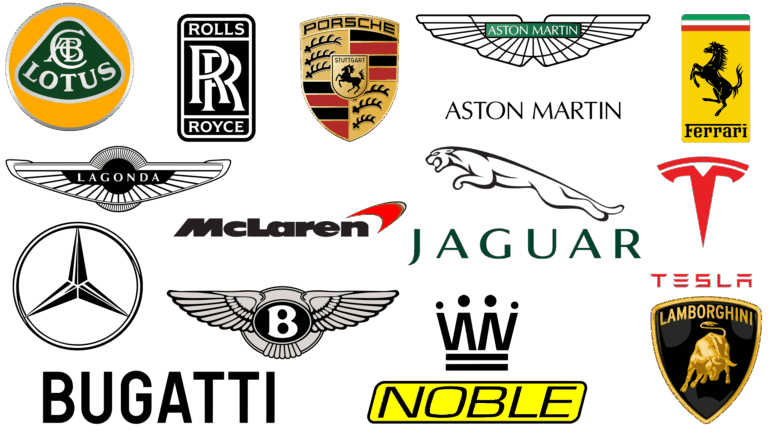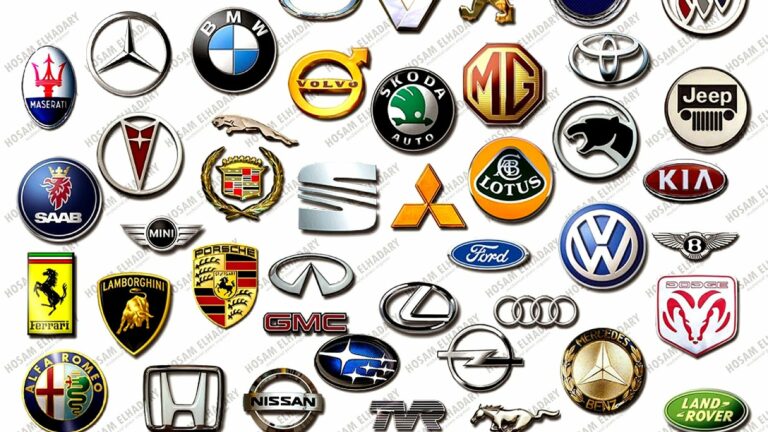Top Luxury Car Brands: A Comprehensive Guide to Automotive Excellence
Top Luxury Car Brands: A Comprehensive Guide to Automotive Excellence cars.truckstrend.com
In the realm of automobiles, "luxury" transcends mere transportation. It signifies a meticulous blend of exquisite craftsmanship, unparalleled performance, cutting-edge technology, and an unwavering commitment to comfort and exclusivity. Top luxury car brands are not just manufacturers; they are purveyors of dreams, symbols of status, and pioneers of automotive innovation. For many, owning a luxury vehicle is the culmination of aspiration, a testament to success, and an entry into a world where every detail is perfected. This comprehensive guide delves into the essence of top luxury car brands, exploring what sets them apart, what to consider when choosing one, and the enduring allure they hold.
Defining Automotive Luxury: More Than Just a Price Tag
Top Luxury Car Brands: A Comprehensive Guide to Automotive Excellence
What truly defines a luxury car, beyond its often substantial price? It’s a holistic experience built upon several core pillars:
- Exquisite Craftsmanship and Materials: From hand-stitched leather interiors and rare wood veneers to polished metal accents and high-grade carbon fiber, luxury cars utilize the finest materials assembled with obsessive attention to detail.
- Superior Performance and Engineering: While not all luxury cars are sports cars, they all offer refined and powerful engines, smooth transmissions, and sophisticated suspension systems that deliver an exceptional driving experience, whether it’s exhilarating speed or serene cruising.
- Cutting-Edge Technology and Innovation: Luxury brands are often the first to introduce groundbreaking safety features, advanced infotainment systems, sophisticated driver-assistance technologies, and seamless connectivity, setting trends for the rest of the industry.
- Unparalleled Comfort and Refinement: Plush seating, whisper-quiet cabins, advanced climate control, and superior noise isolation create an oasis of tranquility. Every control is ergonomically placed, and every journey is designed to be effortless.
- Distinctive Design and Aesthetic Appeal: Luxury cars boast iconic designs that are instantly recognizable and aesthetically pleasing, reflecting a brand’s heritage and forward-thinking vision. They are often considered works of art on wheels.
- Exclusivity and Brand Heritage: Many luxury brands have rich histories, dating back over a century, building a legacy of prestige and a loyal following. Owning one offers a sense of belonging to an exclusive club.
- Personalization and Bespoke Options: The ability to customize a vehicle to an owner’s exact specifications, from unique paint colors to tailor-made interior configurations, is a hallmark of true luxury.

The Pillars of Automotive Opulence: Iconic Luxury Car Brands
While the landscape of luxury cars is ever-evolving, several brands consistently stand at the pinnacle, each with its unique philosophy and strengths:
- Rolls-Royce: The undisputed king of ultra-luxury, Rolls-Royce epitomizes opulence, silence, and bespoke craftsmanship. Every car is largely hand-built, offering unparalleled levels of customization. Their vehicles are known for their "magic carpet ride" and commanding presence.
- Bentley: Blending aristocratic luxury with powerful performance, Bentley offers a more driver-centric experience than Rolls-Royce while maintaining exquisite levels of comfort and craftsmanship. Models like the Continental GT and Bentayga SUV combine sporting prowess with British elegance.
- Mercedes-Benz (Mercedes-AMG & Mercedes-Maybach): A pioneer in automotive engineering, Mercedes-Benz offers a vast luxury lineup. Mercedes-AMG focuses on high-performance variants, while Mercedes-Maybach elevates the S-Class and GLS to new heights of executive luxury, emphasizing rear-seat comfort and premium materials.
- BMW (BMW M & Alpina): Known for its "Ultimate Driving Machine" philosophy, BMW combines sporty dynamics with refined luxury. BMW M cars are track-ready performance beasts, while Alpina, a close partner, offers more exclusive, high-performance versions of BMW models with a focus on refined luxury and long-distance touring comfort.
- Audi (Audi Sport): Audi stands out with its sophisticated design, cutting-edge technology (especially quattro all-wheel drive and advanced infotainment), and impeccably built interiors. Audi Sport models, like the RS series, deliver blistering performance wrapped in understated elegance.
- Porsche: While primarily a sports car manufacturer, Porsche’s blend of exhilarating performance, daily usability, and exceptional build quality places it firmly in the luxury segment. The 911, Panamera, and Cayenne are benchmarks in their respective categories.
- Lexus: Toyota’s luxury arm, Lexus is renowned for its exceptional reliability, serene cabins, and outstanding customer service. Their vehicles offer a harmonious blend of comfort, advanced technology, and a distinct Japanese aesthetic.
- Aston Martin: Synonymous with British elegance, powerful engines, and a strong connection to cinematic icons, Aston Martin produces beautiful grand tourers and sports cars that offer a compelling blend of luxury, performance, and emotional appeal.
- Ferrari & Lamborghini: These Italian marques represent the zenith of exotic sports cars and hypercars. While perhaps not "luxury" in the traditional sense of plush comfort, their extreme performance, breathtaking design, and exclusivity undeniably place them in a league of automotive luxury defined by speed and passion.
- Maserati: With a rich racing heritage and distinct Italian flair, Maserati offers a unique blend of sporty performance, luxurious interiors, and an intoxicating engine sound.
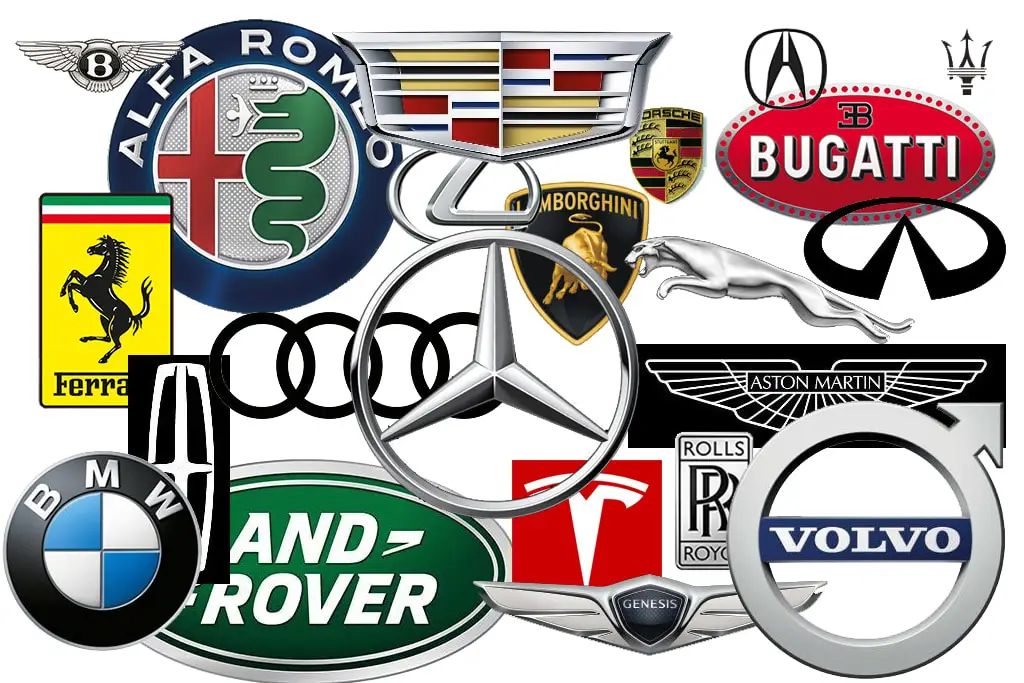
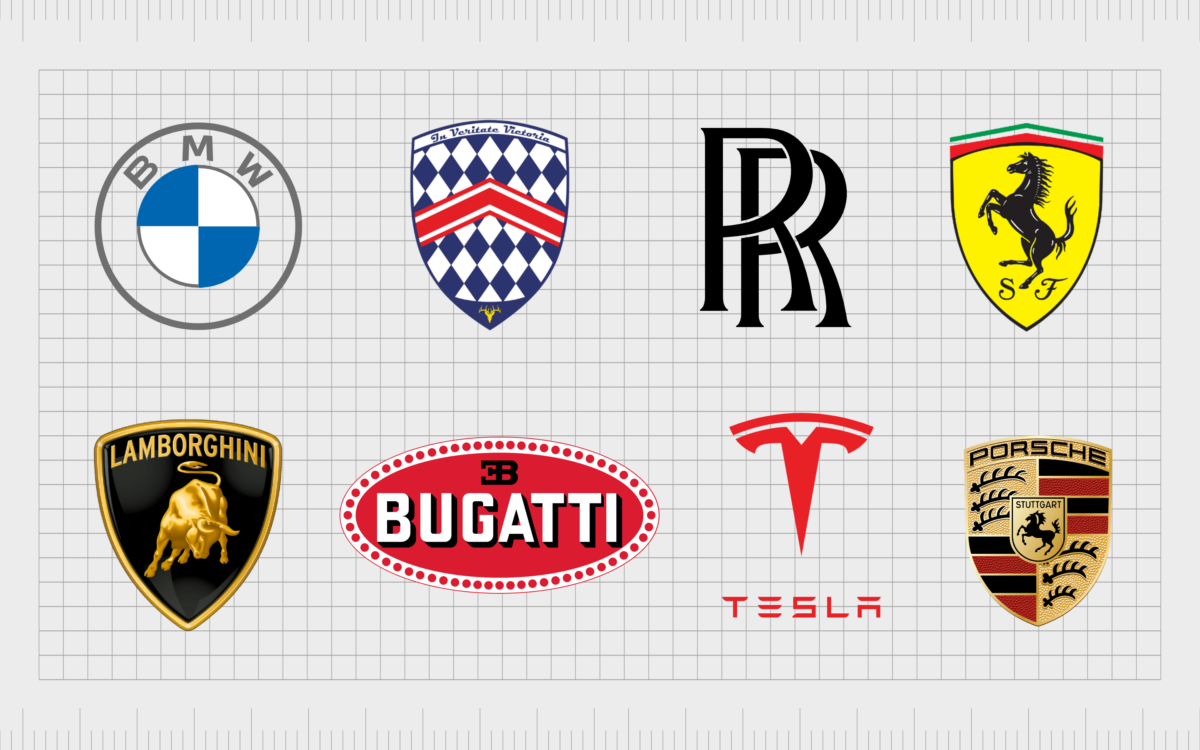
Key Considerations When Choosing a Luxury Car
Acquiring a luxury vehicle is a significant decision that requires careful thought beyond just the initial purchase price.
- Budget & Total Cost of Ownership: Beyond the sticker price, factor in insurance, fuel, maintenance, parts replacement, and potential depreciation. Luxury cars generally have higher running costs.
- Purpose & Lifestyle: Is it a daily commuter, a weekend cruiser, a family hauler, or a status symbol? Your intended use will dictate the ideal body style (sedan, SUV, coupe, convertible) and features.
- Performance vs. Comfort: Some brands lean heavily towards exhilarating performance, while others prioritize serene comfort. Decide which aspect is more crucial for your driving pleasure.
- Technology & Features: Identify the essential technological features you desire, from advanced driver-assistance systems (ADAS) to infotainment and connectivity options.
- Reliability & Maintenance Network: Research the brand’s reliability reputation and ensure there’s a convenient, authorized service center nearby. Specialized parts and labor can be costly.
- Resale Value: While depreciation is a reality for most vehicles, some luxury brands and models hold their value better than others.
- Customization & Personalization: If a unique vehicle is important, explore the brand’s bespoke options and personalization programs.
The Evolving Landscape of Luxury: Trends and Innovations
The luxury car segment is dynamic, adapting to global shifts and technological advancements:
- The Rise of Luxury SUVs: SUVs like the Bentley Bentayga, Rolls-Royce Cullinan, and Lamborghini Urus have become massive sales drivers, offering luxury, space, and versatility.
- Electrification: Nearly every luxury brand is investing heavily in electric vehicles (EVs) or hybrid powertrains. The Porsche Taycan, Mercedes-Benz EQS, and Lucid Air are redefining luxury performance and efficiency.
- Autonomous Driving Capabilities: Advanced Level 2 and Level 3 autonomous driving features are becoming standard, offering enhanced safety and convenience on long journeys.
- Sustainable Luxury: Brands are increasingly using sustainable materials in interiors and adopting eco-friendlier manufacturing processes.
- Hyper-Personalization: Beyond standard options, ultra-luxury brands offer extensive bespoke programs, allowing clients to virtually design their vehicle from the ground up.
Practical Advice for Aspiring Luxury Car Owners
- Do Your Homework: Research specific models, read reviews, and watch video comparisons. Understand the nuances of each brand.
- Test Drive Extensively: Don’t just take a quick spin. Drive the car in various conditions (city, highway, curves) to assess comfort, handling, and features.
- Consider Certified Pre-Owned (CPO): CPO programs offer excellent value, providing a thoroughly inspected used luxury car with a manufacturer-backed warranty, often at a significant discount.
- Understand Total Cost of Ownership (TCO): Get quotes for insurance, estimate fuel costs, and inquire about typical service intervals and costs.
- Negotiate: Even with luxury cars, there’s often room for negotiation on the price, especially on optional extras or financing.
- Prioritize Maintenance: Follow the manufacturer’s recommended service schedule meticulously, using authorized dealerships for specialized knowledge and genuine parts.
- Insure Adequately: Luxury cars are more expensive to repair or replace. Ensure your insurance coverage is comprehensive and sufficient.
Challenges and Solutions in Luxury Car Ownership
While the allure is strong, luxury car ownership comes with potential challenges:
- High Depreciation: Some luxury models, particularly those not considered "collectible," can lose value quickly.
- Solution: Research depreciation trends. Consider models with historically better resale value, or opt for CPO to mitigate initial depreciation.
- Expensive Maintenance & Repairs: Specialized parts and labor can lead to high service costs.
- Solution: Budget accordingly. Consider extended warranties or service plans offered by the manufacturer. Build a relationship with a reputable independent specialist if comfortable.
- Fuel Consumption: High-performance engines often consume more fuel.
- Solution: For daily driving, consider hybrid or electric luxury models. Factor fuel costs into your overall budget.
- Parking & Security: Luxury cars can attract unwanted attention and require secure parking.
- Solution: Invest in secure garaging, quality security systems, and high-coverage insurance.
Conclusion: The Enduring Allure of Automotive Grandeur
Top luxury car brands represent the pinnacle of automotive achievement. They are more than just vehicles; they are expressions of identity, feats of engineering, and cocoons of comfort. From the hand-stitched leather of a Rolls-Royce to the blistering speed of a Lamborghini, each brand offers a unique interpretation of what it means to travel in ultimate style and sophistication. While the journey to ownership involves careful consideration of costs and practicalities, the experience of driving and owning a true luxury car remains an unparalleled testament to human ingenuity and a celebration of the finer things in life.
Top Luxury Car Brands: Price & Key Characteristics
| Brand | Representative Model (Example) | Starting Price Range (USD) | Key Characteristic(s) |
|---|---|---|---|
| Rolls-Royce | Phantom | $470,000 – $600,000+ | Ultimate bespoke luxury, silent ride, hand-built exclusivity |
| Bentley | Continental GT | $240,000 – $350,000+ | Grand touring performance, opulent comfort, British heritage |
| Mercedes-Benz | S-Class (incl. Maybach) | $115,000 – $250,000+ | Advanced technology, refined comfort, broad luxury appeal |
| BMW | 7 Series | $97,000 – $180,000+ | Driving dynamics, innovative tech, executive comfort |
| Audi | A8 | $90,000 – $150,000+ | Sophisticated design, cutting-edge tech, quattro AWD |
| Porsche | 911 Carrera | $120,000 – $250,000+ | Sports car performance, daily usability, iconic design |
| Lexus | LS | $80,000 – $120,000+ | Reliability, serene cabin, exceptional customer service |
| Aston Martin | DB11 | $220,000 – $300,000+ | British elegance, powerful engines, emotional appeal |
| Ferrari | Roma | $240,000 – $400,000+ | Exotic performance, iconic styling, racing heritage |
| Lamborghini | Huracán | $240,000 – $600,000+ | Extreme performance, dramatic design, raw power |
| Maserati | Ghibli | $85,000 – $130,000+ | Italian flair, sporty dynamics, distinctive sound |
| Land Rover | Range Rover | $110,000 – $220,000+ | Unrivaled off-road capability, supreme luxury SUV |
Note: Prices are approximate starting MSRPs for base models and can vary significantly based on trim, options, region, and market conditions. Ultra-exclusive bespoke models can exceed these ranges significantly.
Frequently Asked Questions (FAQ) about Top Luxury Car Brands
Q1: What’s the main difference between a "premium" car and a "luxury" car?
A1: While often used interchangeably, "premium" cars (e.g., higher trims of mainstream brands, some entry-level luxury) offer elevated features and quality. "Luxury" cars go beyond, providing unparalleled craftsmanship, bespoke options, superior performance, cutting-edge innovation, and an exclusive brand experience that justifies a significantly higher price point and status.
Q2: Do luxury cars hold their value well?
A2: Generally, no. Most luxury cars depreciate significantly, especially in the first few years. However, certain limited-production models, classic vehicles, or highly sought-after performance variants can sometimes appreciate or hold value better than average. Researching specific models’ depreciation trends is crucial.
Q3: Are luxury cars expensive to maintain?
A3: Yes. Due to specialized components, advanced technology, and high-quality materials, maintenance and repair costs for luxury cars are significantly higher than for mainstream vehicles. Parts are often proprietary, and labor requires specialized training.
Q4: What is the most luxurious car brand in the world?
A4: Rolls-Royce is widely considered the pinnacle of automotive luxury, renowned for its unparalleled bespoke options, silent ride, and emphasis on opulent comfort and status above all else. Bentley is a close second, offering a more driver-centric luxury experience.
Q5: Can I lease a luxury car instead of buying it?
A5: Absolutely. Leasing is a very popular option for luxury cars as it often results in lower monthly payments compared to financing, allows you to drive a new model every few years, and avoids the long-term commitment and depreciation concerns of ownership.
Q6: Are luxury SUVs as good as luxury sedans?
A6: Luxury SUVs have become incredibly popular, offering a blend of luxury, space, practicality, and a commanding driving position. While traditionally luxury sedans offered the ultimate in ride comfort and prestige, modern luxury SUVs like the Rolls-Royce Cullinan, Bentley Bentayga, and Range Rover now deliver comparable, if not superior, levels of luxury, often with enhanced versatility.
Q7: Are electric luxury cars available?
A7: Yes, the luxury car market is rapidly embracing electrification. Brands like Porsche (Taycan), Mercedes-Benz (EQS), Audi (e-tron GT), and BMW (i7) offer high-performance, technologically advanced luxury EVs that combine zero-emission driving with traditional luxury attributes.


